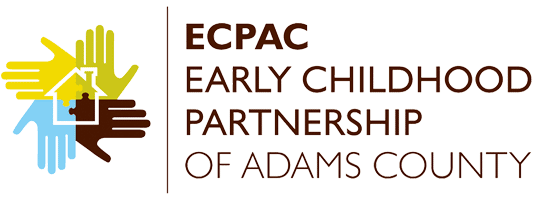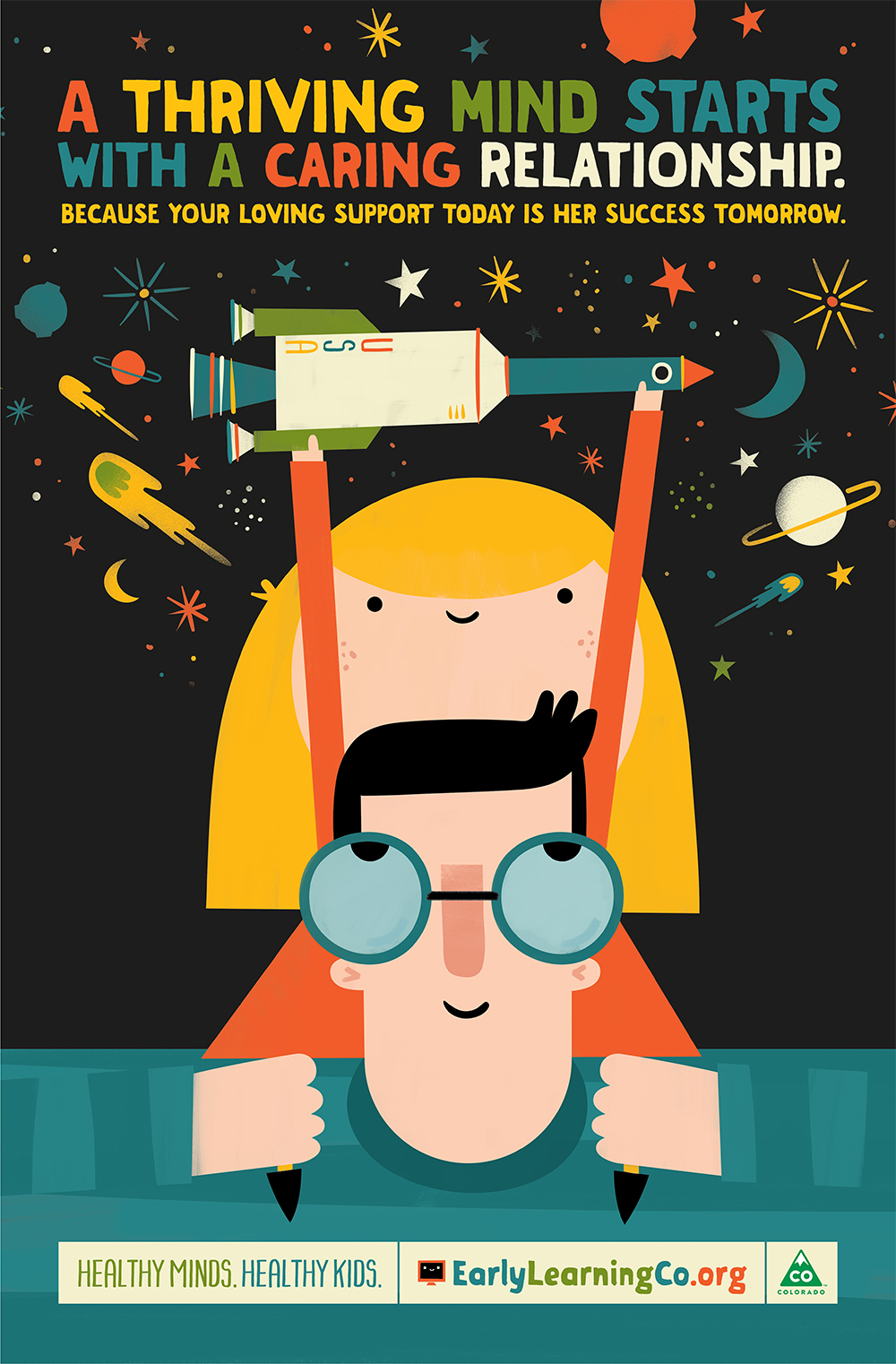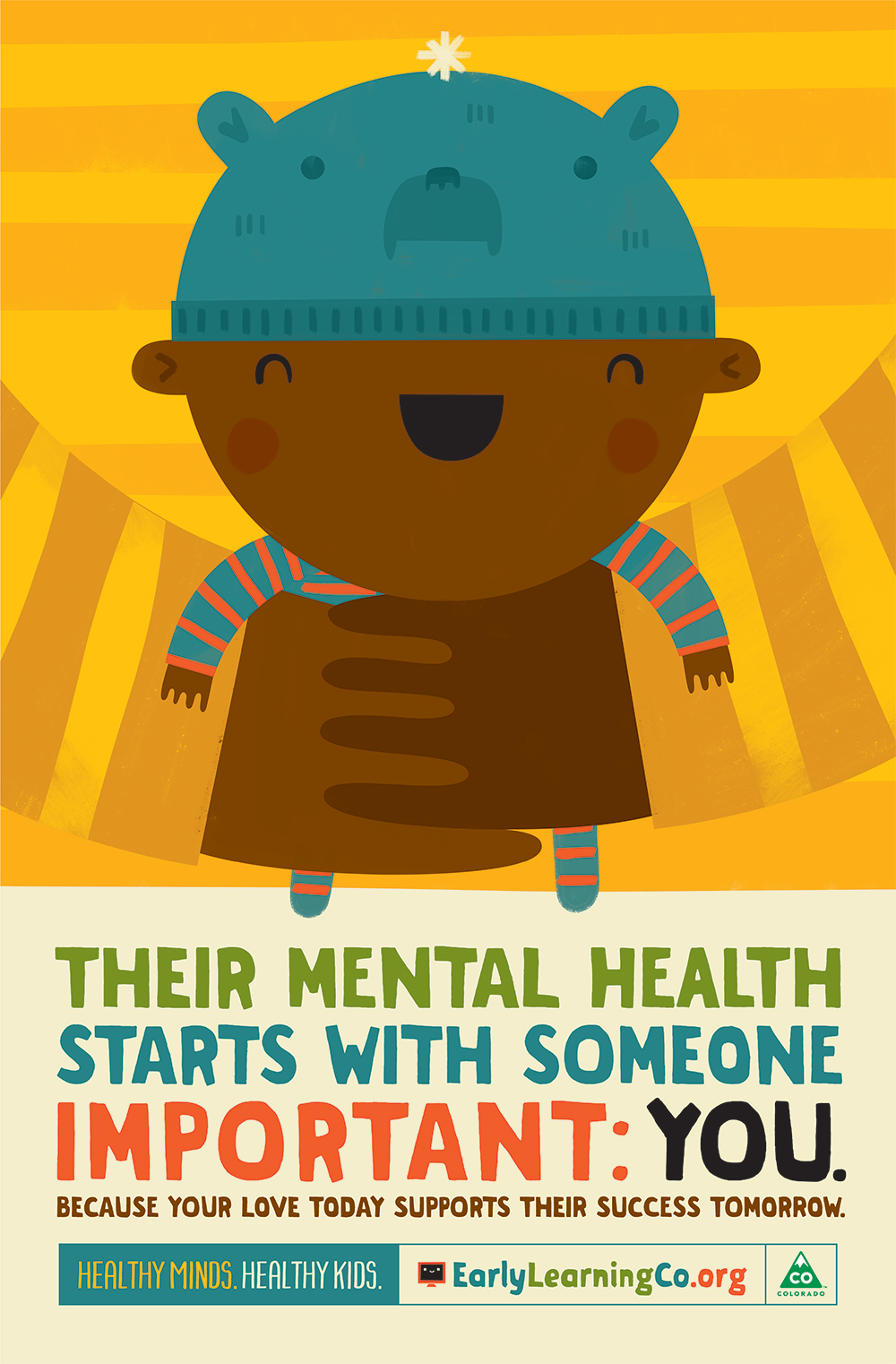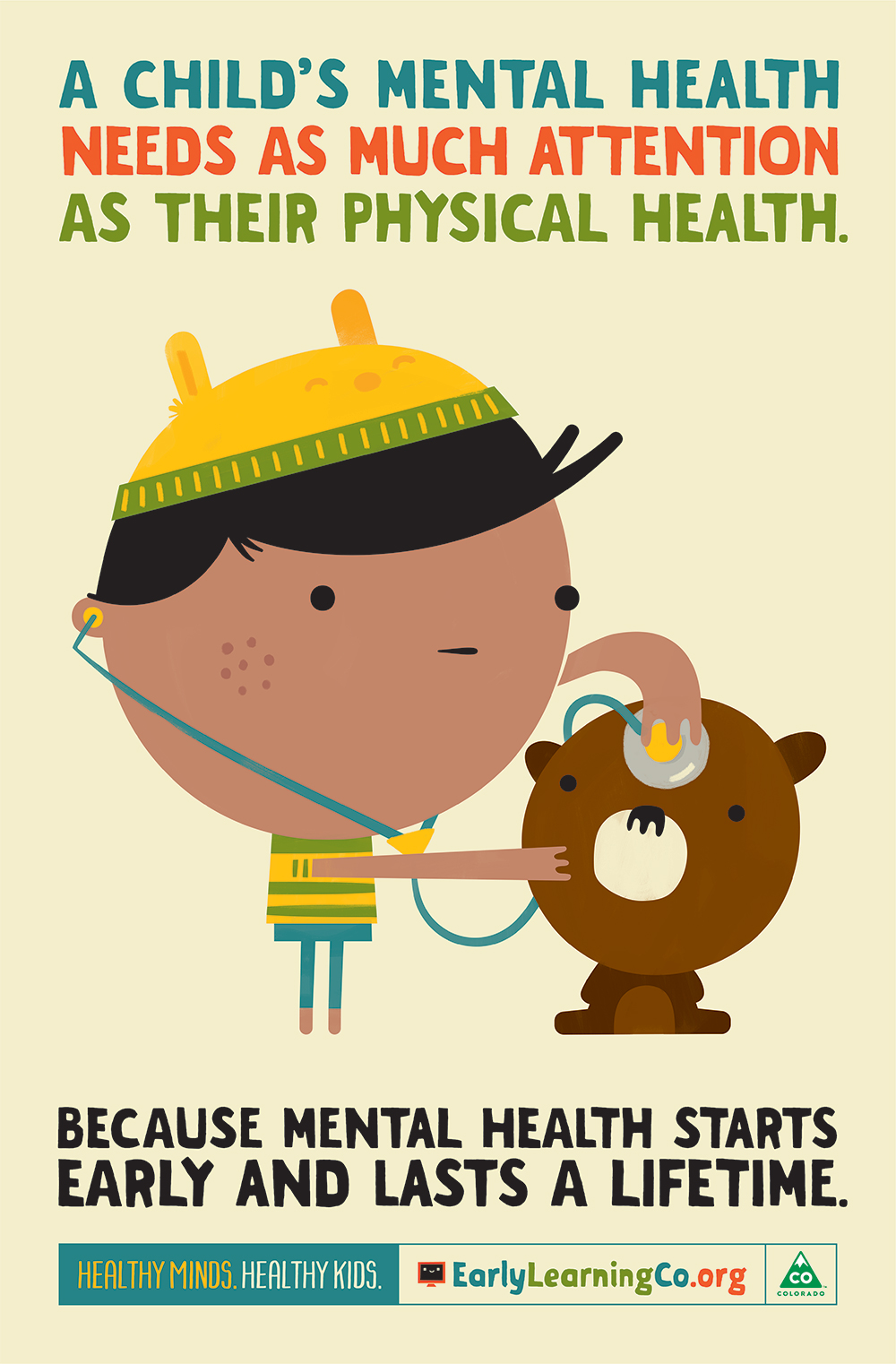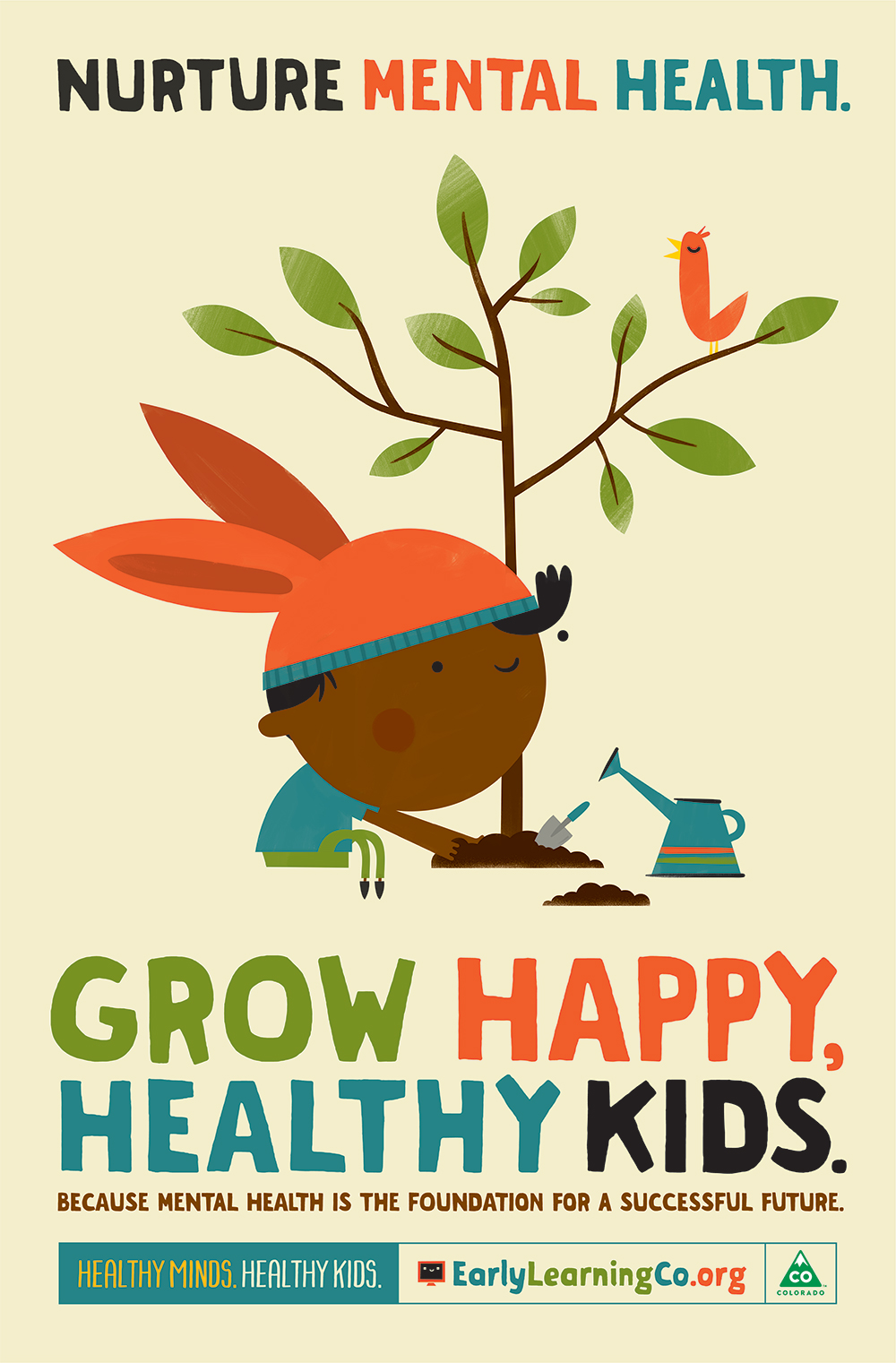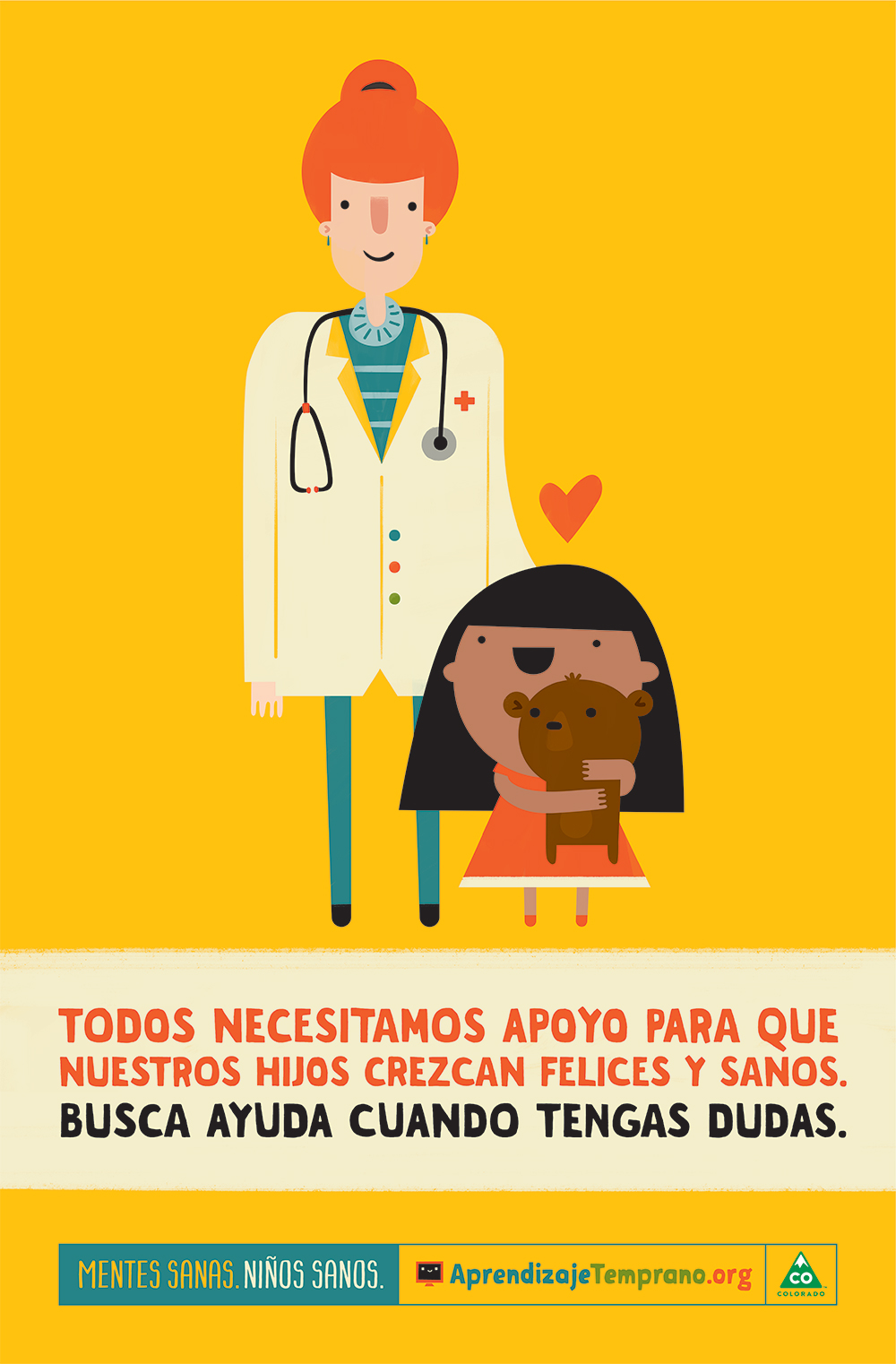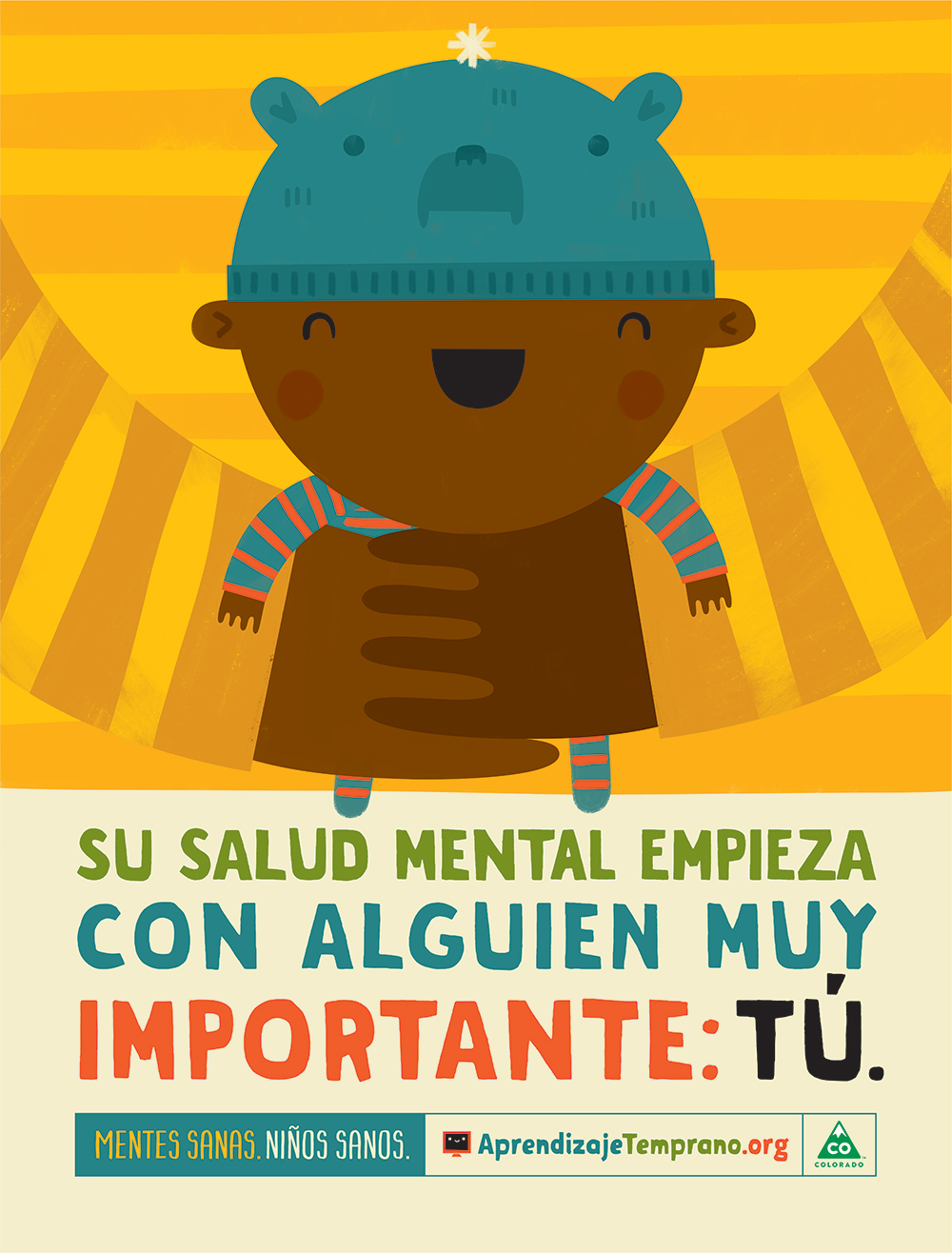Social Emotional Development:
Families – for resources and information – please visit our Family Resource Website: ecpac.org/parents-families or click on the Roadmap picture in the top right hand corner of the website.
——————–
ECPAC partners know that when children enter kindergarten with strong social-emotional-behavioral skills, they are more likely to be successful in school. Teachers have noted that it is easier to teach children reading, writing, and math, when they can follow directions, get along with others, and have age-appropriate impulse control. We know that children do not just develop these skills. Often these skills are developed through support during play or through intentional teaching.
Additionally, we know that many children in Adams County face daily challenges that make developing strong social-emotional skills a struggle. Having supportive adults in their lives is critical to helping to “protect” against these risk factors and possible toxic stress: (BUILDING FOUNDATIONS OF RESILIENCE: An Overview of Promising Approaches to Buffer the Effects of Toxic Stress in Young Children)
Finally, national and state research has shown that young children – ages birth – 5 are three times more likely to be expelled from their preschool or child care setting that children/youth in Kindergarten – 12th grade: (POLICY STATEMENT ON EXPULSION AND SUSPENSION POLICIES IN EARLY
CHILDHOOD SETTINGS) and children of color are more likely to be suspended or expelled (African-American Black boys are 5x more likely and Hispanic boys are 3x more likely).
ECPAC partners are working to increase access to available, high quality services and supports for promoting social-emotional development and addressing challenging behaviors in Early Care and Education programs. Based on best practices in the field, the following strategies are being implemented:
- Family Education Materials: ECPAC with partners developed materials for families to best understand how they can help support social emotional development. Find out more about these materials.
- Early Childhood Mental Health Consultation in Early Care and Education Programs: ECPAC partners with Community Reach Center (CRC) to connect these positions to ECE programs located in Adams County.
- Professional Development and on-site support (if involved in a QI project) – in the Pyramid Model – a best practices model at promoting social-emotional development to prevent challenging behaviors and skills to address challenging behaviors as needed. http://csefel.vanderbilt.edu/
- Classes for Families based in the community, for families with children ages 0-8. English classes; Spanish classes
- Training for ECE programs and other community service providers on how to make a referral for a mental health evaluation or home visitation – in close collaboration with children’s medical provider as well as best practices supporting children and families’ mental health. See our calendar for upcoming trainings.
Posters: Download a poster by clicking on a picture at the top (English) or bottom (Spanish) of this page.
Best Practice Websites:
